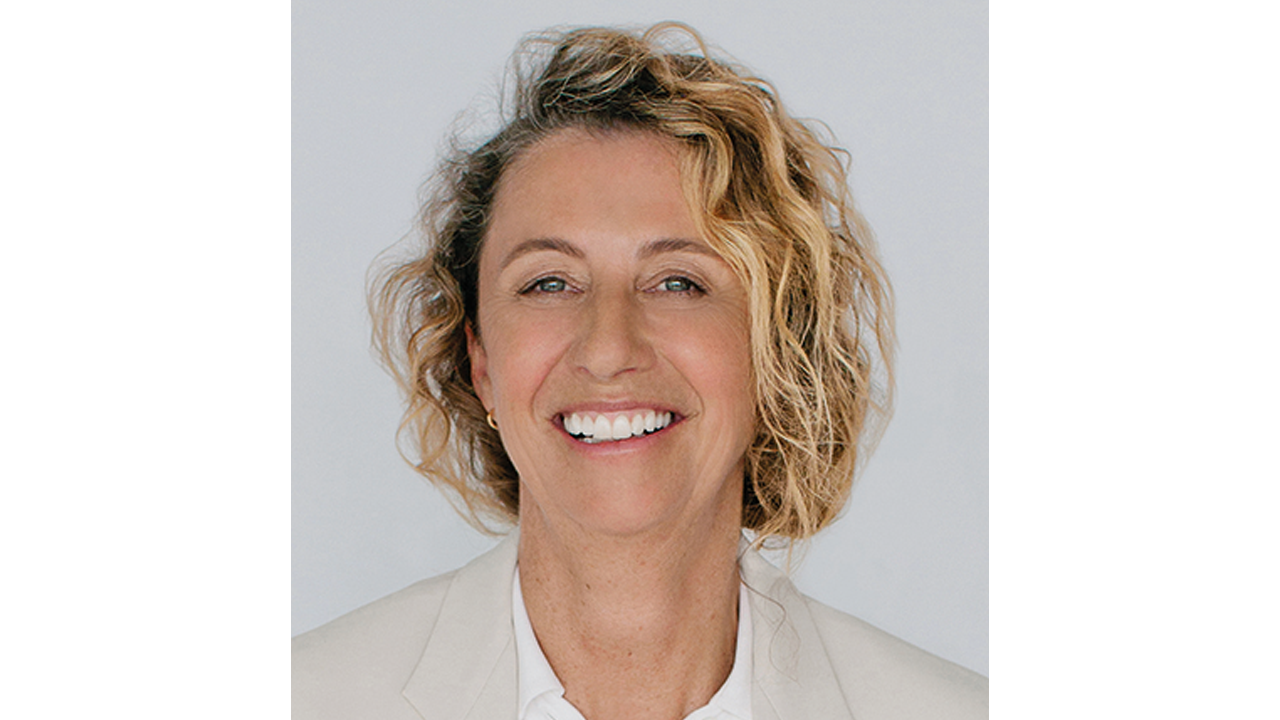In Opinion
Follow this topic
Bookmark
Record learning outcomes
Who or what are Tahi and Kaeā?
Tahi is a 780-acre conservation nature sanctuary in the north of New Zealand. I bought the property – then a run-down cattle farm – in 2004 with a view to restoring it to the biodiverse native ecosystem it originally was. Our aim is to prove a circular economy, making strategic ecosystem and biodiversity restoration profitable through the sale of quality retail products while promoting responsible consumerism. As a result, we currently have three commercial activities: an eco-resort at Tahi; the Tahi honey business founded in 2014; and this year, we launched the Kaeā natural skincare range using Tahi’s Unique Manuka Factor (UMF™) certified 15+ Manuka honey.
Your ecological use of land is an interesting initiative. Tell us more…
As a carbon-negative business, our pledge is to directly reinvest 100 per cent of all profits from our commercial activities into the land to secure its future for generations to come. To date, we have planted nearly half a million native trees and transformed ecosystems into biodiverse habitats for local flora and fauna. At our inception, we had only 14 bird species present, but that has increased to 71 following our conservation work – including many that are rare or endangered.
What are the benefits to people and the planet?
Our Tahi honey business is already carbon negative, meaning we go beyond carbon neutral and sequester more carbon than we emit. With the launch of Kaeā, one of our strategic goals is to become a preferred alternative for customers seeking results-driven skincare brands that are uncompromising to the planet. We also invest into education through our Bees in School educational programme, where we partner with local schools to educate the younger generation about ethical beekeeping and taking care of our planet.
Are there any downsides to the product/initiative
It is important we partner with our retailer clients to educate consumers about what it takes to deliver uncompromising high-quality products. Delivering these products has a high cost but the benefits, once explained to our clients, more than make up for it.
To pass on that message it is very important for us to build partnerships with selected retailers and our European team is always available for training and sampling sessions.
What more can pharmacy teams do to engage with customers on the issue of sustainable products and closed-loop business ecosystems?
There are many brands out there and a lot of greenwashing going on, so pharmacy teams can make a huge difference in educating customers about the quality, benefits and performance of the products they sell as well as the brand purpose behind them.
What are your goals?
We constantly pursue innovation in our products and the way our business operates, and our aim is also to partner with non-profit and government agencies to evolve their policies. We will of course continue our planting programme and have a pledge to plant five million trees.

